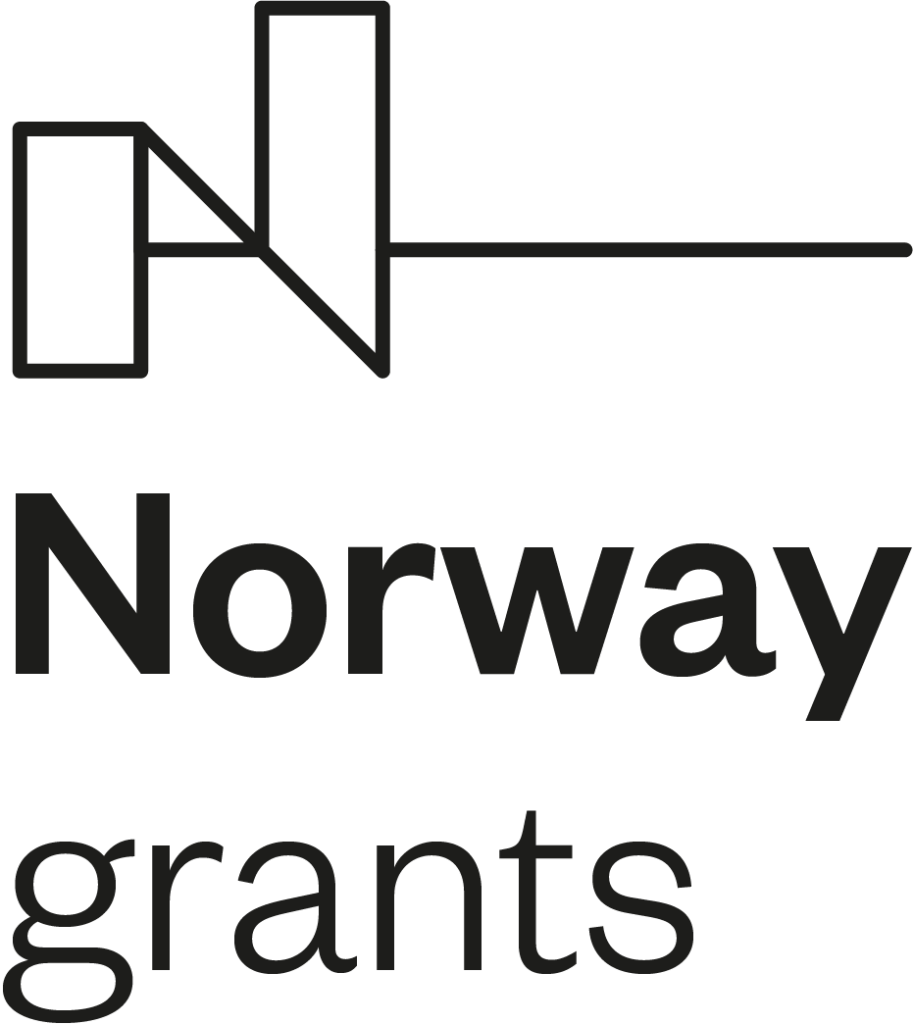PROJECT TITLE
Turbulent-resolving urban modeling of air quality and thermal comfort
PROJECT CODE
TO01000219
GRANT
Norway Grants and TA CR
Funding: 30 702 419 CZK
About the project:
The TURBAN project studies urban air quality and thermal comfort using street-scale turbulence-resolving models. The main aims of the project are to considerably improve spatial resolution and quality of the urban atmospheric environment assessment on the basis of state-of-the-art modeling, observation and data analysis technologies; improve and validate advanced modelling tools with focus on modelling of the turbulent flow in complex urban environment; improve methods for combination of observational and model data; compare environmental effects of the selected impactful urban policy measures in Prague and Bergen; equip public authorities with a set of tools to support urban governance: focus on air quality and thermal comfort.
2021
The main focus of the project in 2021 was on building and calibration of a sensor observation network in Prague centre, preparation and improvement of the model and supporting tools, design of the model validation and sensitivity experiments, including domain selection and model configuration, and gathering and processing input data. To harmonise the design of our research and experiments with the main users of the results, the plans were consulted with the Municipalities of the involved cities and their districts.
2022
One of the main project goals in 2022 was putting the sensor observation network, microwave radiometer, and Doppler LIDAR into operation and securing their following operation. The other main tasks concentrated on the improvement, testing and validation of used models and supporting tools, and gathering and processing input data. To harmonise our research and experiments with the main users of the results, regular communication with the Municipalities of the involved cities and their districts was performed and a new web-GIS tool for user presentation of the obtained data was developed. Two of the mandatory project outputs were completed in 2022.
2023
The main focus of the project team in 2023 was the finalization of results, finishing of planned tasks and resolving of model issues that have been newly discovered. The measurement campaign and the processing of its results have been finalized. The input data as well as the modeling tools for input data processing have been prepared and the testing simulations have been carried out. Subsequently the planned simulations have been performed and their results evaluated. The majority of the results in the base part of the project have been more or less finished and they have been either published or they have been prepared for publication. The project results achieved so far have been continuously presented at the international as well as national scientific and expert conferences and workshops. Regarding the project timeline, the tasks depending on the results of air quality modeling with the PALM model have turned out to be problematic. The comparison of the model results and the results obtained in the measurement campaign has discovered significant discrepancies. The investigation of their causes and the repeated recalculation of the simulations for the purposes of validation, model comparison and air quality scenarios required several months. The reason for this unanticipated problems were the problems with the PALM model, specifically with its recently rewritten air quality module.During 2023, our team successfully applied for project extension to April 2024. This extension provided additional time for better finalization of the mandatory project results and we expect the results of the base part of the project as well as the results of its extension to be finished successfully.
Summary
The TURBAN project studied urban air quality and thermal comfort using street-scale turbulence-resolving models. The research team consisted of five organizations, four from the Czech Republic and one from Norway. The activities were split into six main work packages covering the focused observation campaign (WP1), configuration, improvement, and validation of the microscale models and related tools (WP2), simulations of the urban scenarios (WP3), methods for combination of the observed and modeled data (WP4), comparison of the models of different complexity for urban air quality assessment (WP5), and dissemination of the results (WP6). The project lasted for three years and was extended for additional four months. The project had 22 mandatory results which all were fulfilled during the project time. Moreover, eleven additional supporting results were finished within the project. Besides that, the project results were presented at eleven prestigious international scientific conferences through 23 presentations and 27 further presentations were presented at relevant events in order to disseminate the project results. All the results are publicly available in the form of open-access publications, open-source software, open data sets, and public web and webGIS stories. These achievements represent significant contributions to the scientific community and provide a better insight into the urban atmospheric environment and better support of the decision-making processes and increase general public knowledge. We expect their significant long-term utilization. The progress of the project was significantly influenced by the COVID-19 situation and the related restrictions which caused difficulties and partial delays of some activities in the first half of the project. Most of the results were achieved through the collaboration of the researchers from more (in many cases all) involved organizations. This shared knowledge and formed personal relations also provide a good foundation for the future collaboration of the project partners.
Beneficiary and project partners:
Ústav informatiky AV ČR, v.v.i.
Nansen Environmental and Remote Sensing Centre
ATEM – Ateliér ekologických modelů, s.r.o.
Český hydrometeorologický ústav
Univerzita Karlova

The TURBAN project benefits from a € 1.2 mil. grant from Norway Grants and Technology Agency of the Czech Republic. The project is carried out under the KAPPA funding programme for applied research, experimental development and innovation, managed by the Technology Agency of the Czech Republic.
